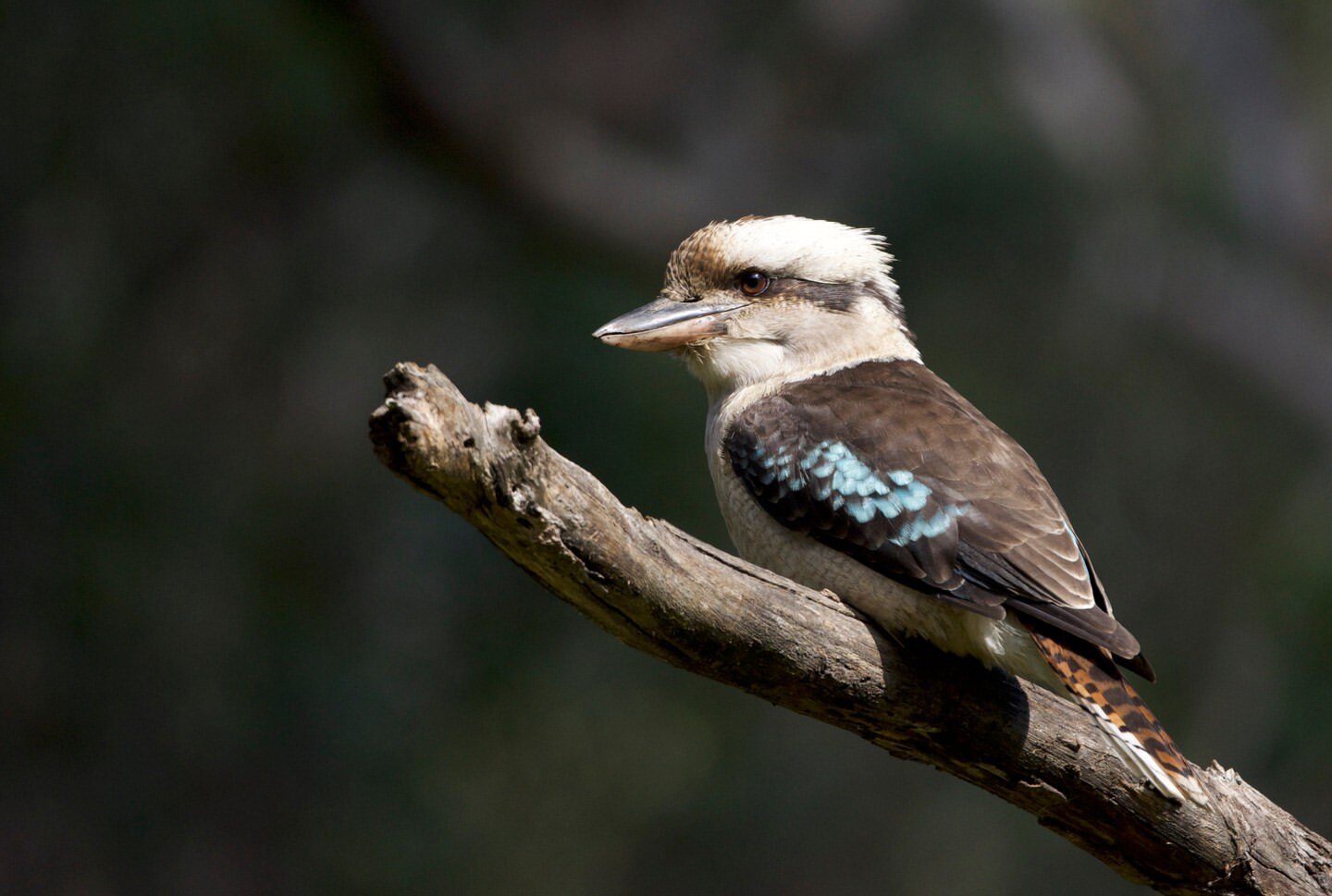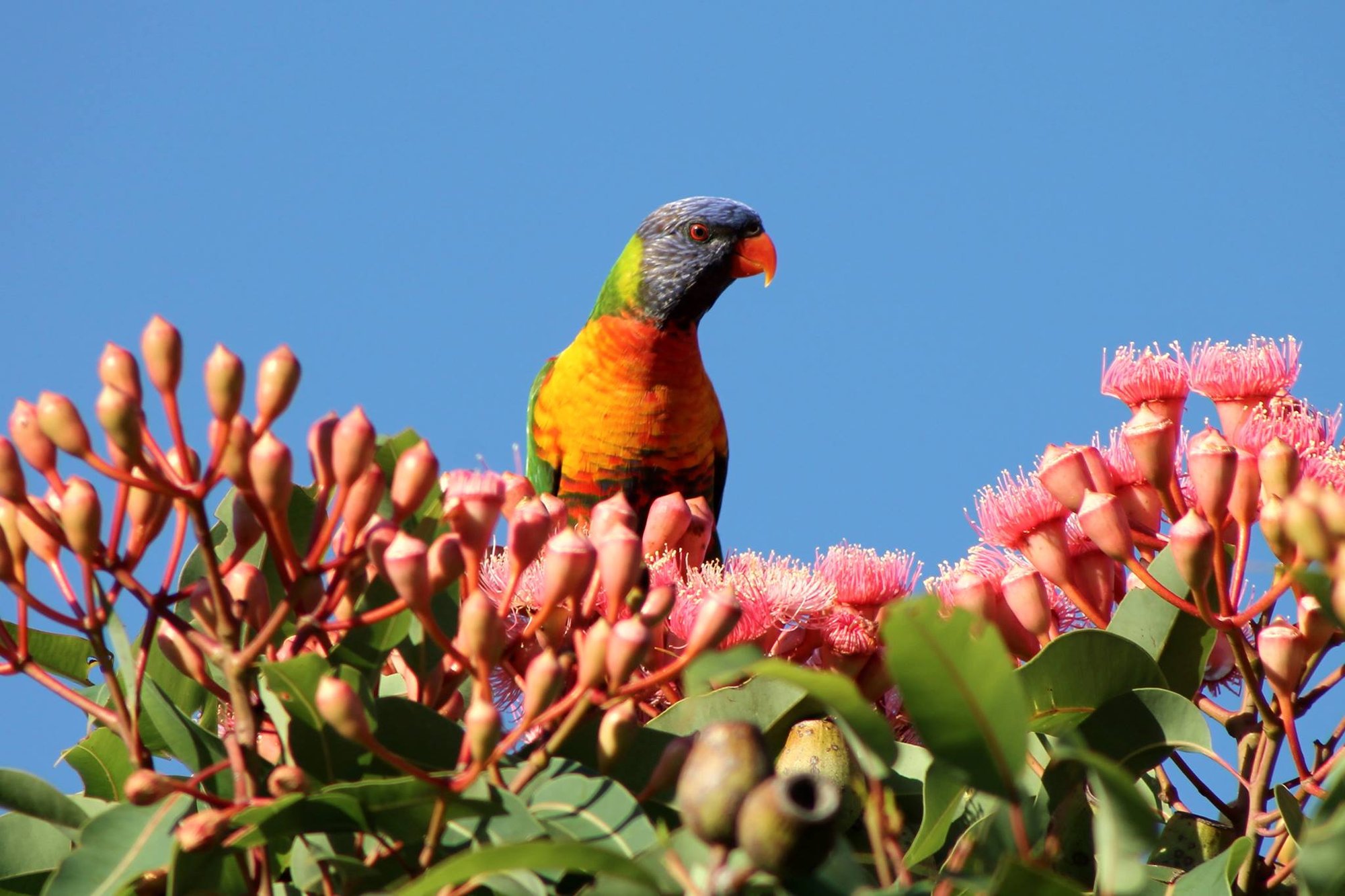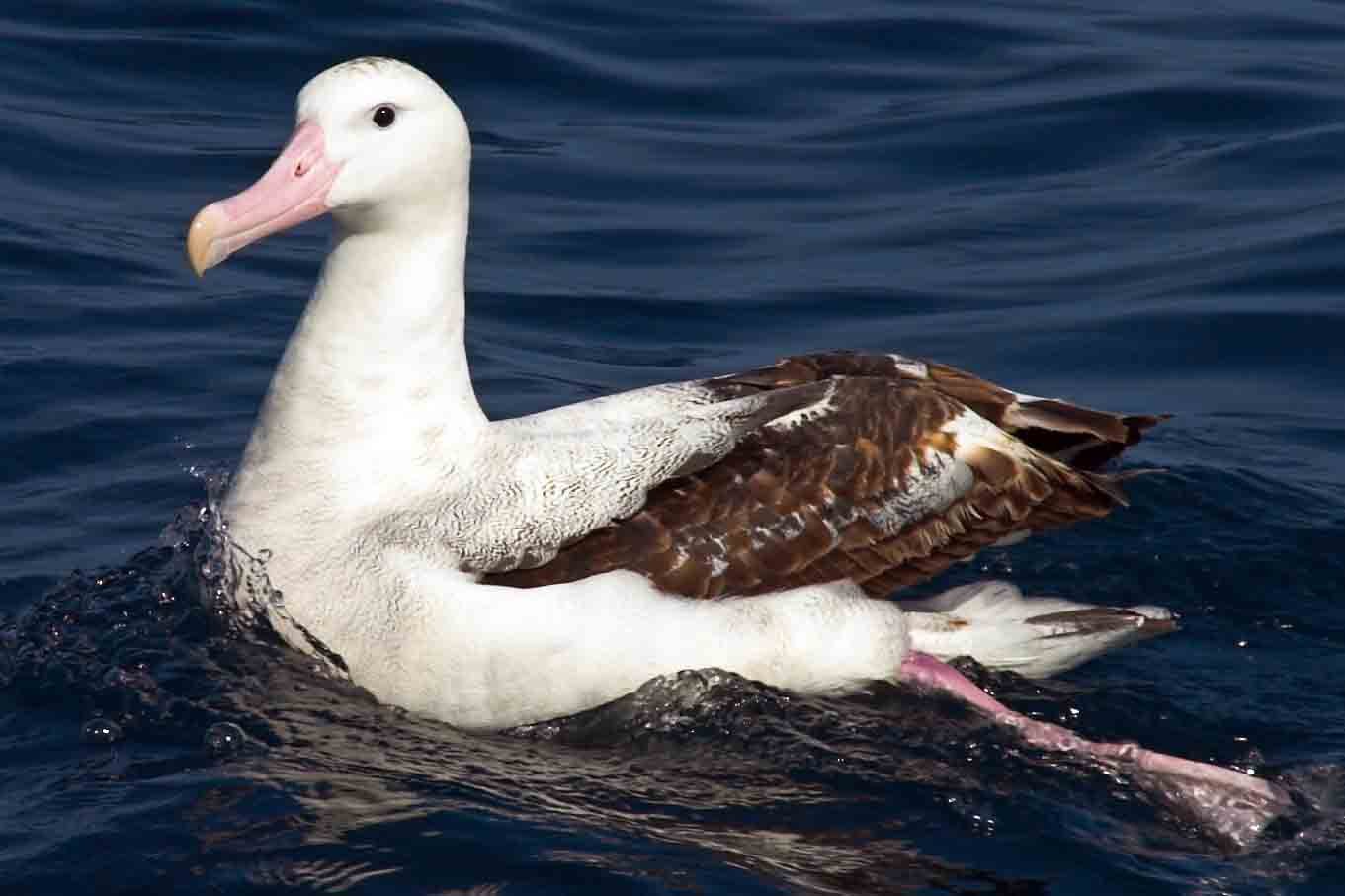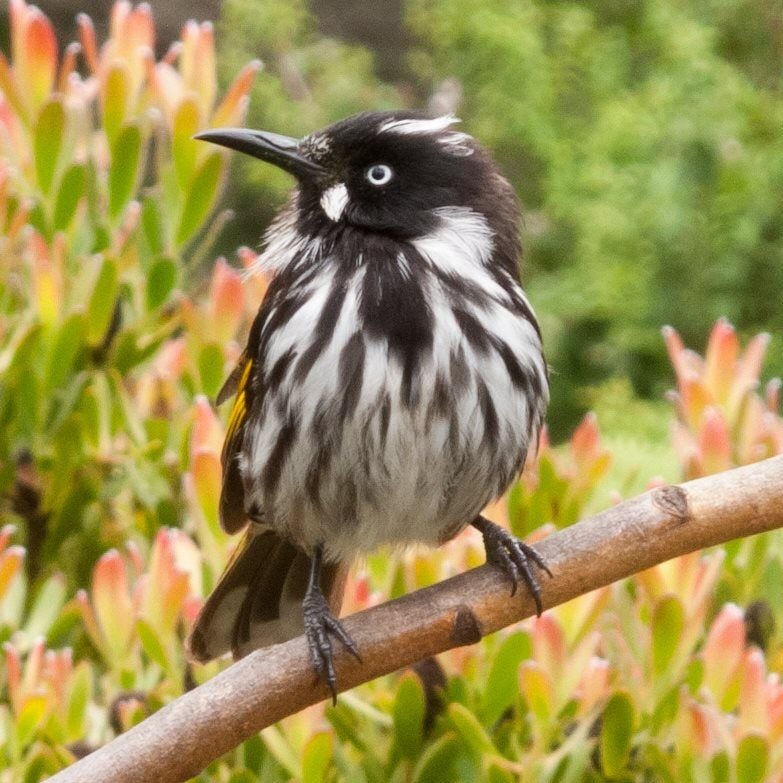Birds
Australia is home to over 800 species of native birds, all of which are protected.
Over 50% of WIRES rescue calls are for birds and WIRES provides rescue advice and assistance for over 75,000 birds annually.



Rescue Information
For rescue advice and assistance to help sick, injured, or orphaned birds, fill in the Rescue Form or call WIRES Rescue Office on 1300 094 737.
With birds of prey e.g. eagles, owls, or hawks, please monitor from a safe distance while waiting to speak with the team.
During breeding season WIRES receives an influx of calls about young birds. Our Helping Chicks information can help you determine when to intervene.
Some chicks such as parrots and kookaburras should fly directly from their nests. However, others, like magpies, currawongs, and noisy miners, leave their nests before they can fly upward. During this critical stage, it's common to see these fledglings on the ground, where they engage in behaviours like flapping their wings, running, and hopping to strengthen their flight muscles. This behaviour is entirely normal. Despite being on the ground, parent birds continue to provide care, protection, and instruction on foraging for food. It can take up to a week for some birds to acquire the skills necessary to take flight from the ground. If you find a well-feathered young bird behaving normally, monitor from a distance to see if parents are present. If safe, leave it be; if in danger move it nearby and observe for parental return, exercising patience for a few hours before intervening.
If a chick is featherless, has closed eyes, appears sick or injured, is in immediate danger, or you are unsure whether rescue help is required - call WIRES.



Why Australian Birds Matter
Biodiversity
Australia is home to a diverse array of bird species, many of which are found nowhere else on Earth.
These unique birds contribute to the country's rich biodiversity, forming integral parts of complex ecosystems.
Each species plays a specific role in maintaining ecological balance, such as pollinating plants, controlling insect populations, and dispersing seeds.
Ecosystem Services
Native Australian birds provide essential ecosystem services that benefit the environment and humans.
For example, birds like honeyeaters and lorikeets play a crucial role in pollination, ensuring the reproduction of flowering plants. Birds like Fig birds and native pigeons disperse and germinate fruiting plants and seeds.
Additionally, birds like kookaburras and magpies help control insect populations, reducing the spread of pests that can harm crops and other vegetation.
Cultural Significance
Birds have profound cultural significance in Australian Indigenous cultures, featuring prominently in stories, art, and ceremonies.
They are often regarded as totems, symbols of spiritual connection, and sources of traditional knowledge.
Protecting native bird species is essential for preserving Indigenous cultural heritage and maintaining communities' spiritual connections with their land.
Tourism and Recreation
Australia's diverse birdlife attracts birdwatchers and nature enthusiasts worldwide, contributing to the country's tourism industry.
Birdwatching tours, birding festivals, and bird-related ecotourism activities generate economic revenue and support local communities.
Preserving native bird habitats ensures continued opportunities for sustainable nature-based tourism.
Indicators of Environmental Health
Birds are important indicators of environmental health and ecosystem integrity.
Changes in bird populations, distributions, and behaviours can signal broader ecological issues, such as habitat loss, pollution, climate change, and ecosystem degradation.
Monitoring bird populations provides valuable insights into the overall health of ecosystems and helps guide conservation efforts.
Unique Adaptations and Evolutionary History
Australian birds showcase remarkable adaptations and evolutionary histories shaped by the continent's unique geological and climatic conditions.
From the iconic flightless emus to the colourful parrots and cockatoos, these species have evolved diverse traits and behaviours to thrive in Australia's varied landscapes.
Studying Australian birds enhances our understanding of evolutionary processes and biodiversity patterns.
15 Ways to Help Wildlife
Sign up to receive our monthly eNewsletter with wildlife rescue stories and updates on our work rescuing, rehabilitating, and releasing native wildlife.
